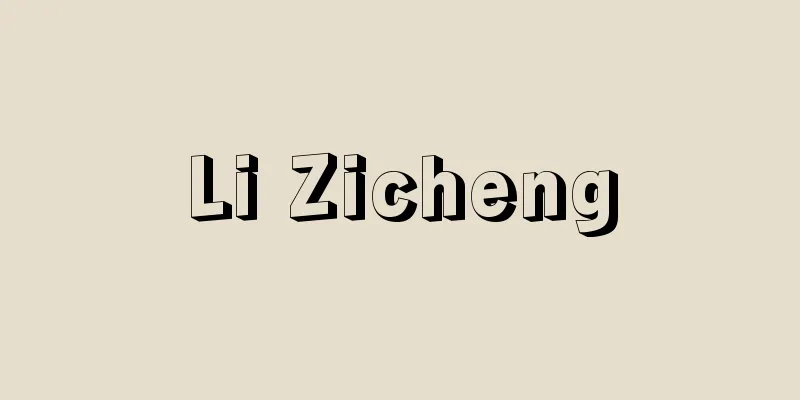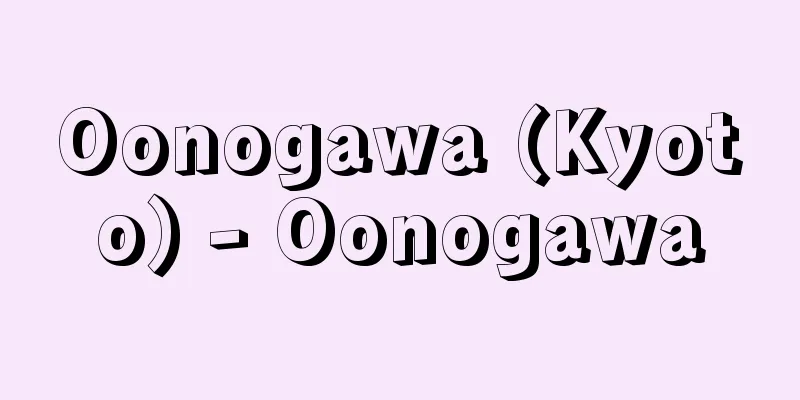Li Zicheng

|
A leader of a peasant revolt in the late Ming Dynasty in China. Born as a peasant in Miji (Shaanxi Province). It is said that his family was a small landowner, but the Ming Dynasty's political corruption and harsh taxes led to ruin and bankruptcy. He became a herdsman and then a postman, but lost his job and joined the army. In 1628, a great famine occurred in the Shaanxi region, and a revolt by starving peasants broke out. He led the starving soldiers and joined the revolt, and soon became a commander under Gao Yingxiang and was called the Swarm General. After Gao Yingxiang's death in battle in 1636, he became the leader of one side, calling himself Swarm King, and continued his activities even after the other leaders surrendered. In 1640, when he entered Henan Province, he became powerful again, and even gained the participation of the literate class, including Li Yan and Niu Jinxing. Following their advice, Zicheng proposed a civil welfare policy of "equalizing the fields regardless of social status and not collecting taxes for three years," and he also imposed strict military discipline by preaching "no murder, no mistreating, no adultery, no plundering," winning the support of the people. In 43, he proclaimed himself King Xinshun in Xiangyang (Hubei Province) and occupied Xi'an. The following year, he named the country "Dashun" and the era name "Yongchang." After establishing a bureaucratic system and creating a national system, he led an army on an eastern expedition, passing through Shanxi and entering Beijing in March, where he forced the Ming Emperor Chongzhen to commit suicide. However, he was defeated by the advance of the army of Wu Sangui, who had received support from the Manchu army, and he abandoned Beijing and fled west, where he was killed by armed landlords in the mountains of Hubei in 45. However, his remaining forces continued the anti-Qing struggle in various places. [Noriko Taniguchi] Source: Shogakukan Encyclopedia Nipponica About Encyclopedia Nipponica Information | Legend |
|
中国、明(みん)末の農民反乱の指導者。米脂(べいし)(陝西(せんせい)省)の農民出身。彼の生家は小地主であったともいわれるが、明朝の政治的腐敗と過酷な税によって没落、破産し、牧夫ののち駅卒となったが失業、兵隊になった。おりしも1628年、陝西地方に大飢饉(ききん)が起こり、飢餓農民の反乱が起こった。彼は飢兵を率いて反乱に参加、まもなく高迎祥(こうげいしょう)のもとで隊長となり、闖将(ちんしょう)とよばれた。36年高迎祥の戦死後は一方の首領となり闖(ちん)王を称し、他の首領たちの投降後も活動を続け、40年河南省に入るとふたたび強勢となり、李巌(りがん)、牛金星ら読書人層の参加をも得るに至った。自成は彼らの建言により「貴賤(きせん)にかかわらず田を均(ひと)しくし、3年間徴税をしない」という民生策を掲げ、「殺人せず、愛財せず、姦淫(かんいん)せず、略奪せず」と唱えて軍規を厳しくし、民衆の支持を得た。やがて43年には襄陽(じょうよう)(湖北省)で新順王を称し、西安を占領、翌年には国号を「大順」、年号を「永昌(えいしょう)」と定め、官僚制度を設け国家体制をつくるや、東征軍をおこし、3月、山西を経て北京(ペキン)に入城し、明の崇禎(すうてい)帝を自殺させた。しかし満州軍の援助を得た呉三桂(ごさんけい)軍の進攻の前に敗退し、北京を捨てて西に逃れ、45年湖北の山中で地主武装軍に殺された。しかし彼の残存勢力はのち各地で反清(しん)闘争を続行した。 [谷口規矩雄] 出典 小学館 日本大百科全書(ニッポニカ)日本大百科全書(ニッポニカ)について 情報 | 凡例 |
Recommend
skipreide
...The coastal areas of the country were therefor...
Miao
...the general term for the languages of the Mi...
Fossil soil
This soil was buried under alluvial deposits, lava...
Metro-Goldwyn-Mayer (English spelling)
…American film company. Metro-Goldwyn-Mayer was e...
Leveling the playing field
...To equalize the competitive conditions in the ...
Great Bowerbird - Great Bowerbird
...The female lays eggs in a nest located at a di...
Rogers, G.
...It was danced mainly in vaudeville, revues, an...
Pagurus samuelis (English spelling)
…Hermit Crab [Masamichi Takeda]. . . *Some of the...
Kanao - Ano
This is a former village area in the west of Gojo ...
Kinome salad - Kinome salad
...The dressing is often made by combining season...
Erigeron philadelphicus (English spelling) Erigeronphiladelphicus
...The pappus of the ray florets is shorter than ...
canabae
…Long-distance trade flourished, with goods flowi...
Dashi - Stock
This refers to a broth made by dissolving ingredie...
Shimotsuke Yakushiji Temple ruins
Located in Yakushiji, Shimotsuke City, Tochigi Pr...
Frank, T. (English spelling) FrankT
...The use of natural science methods from the la...









